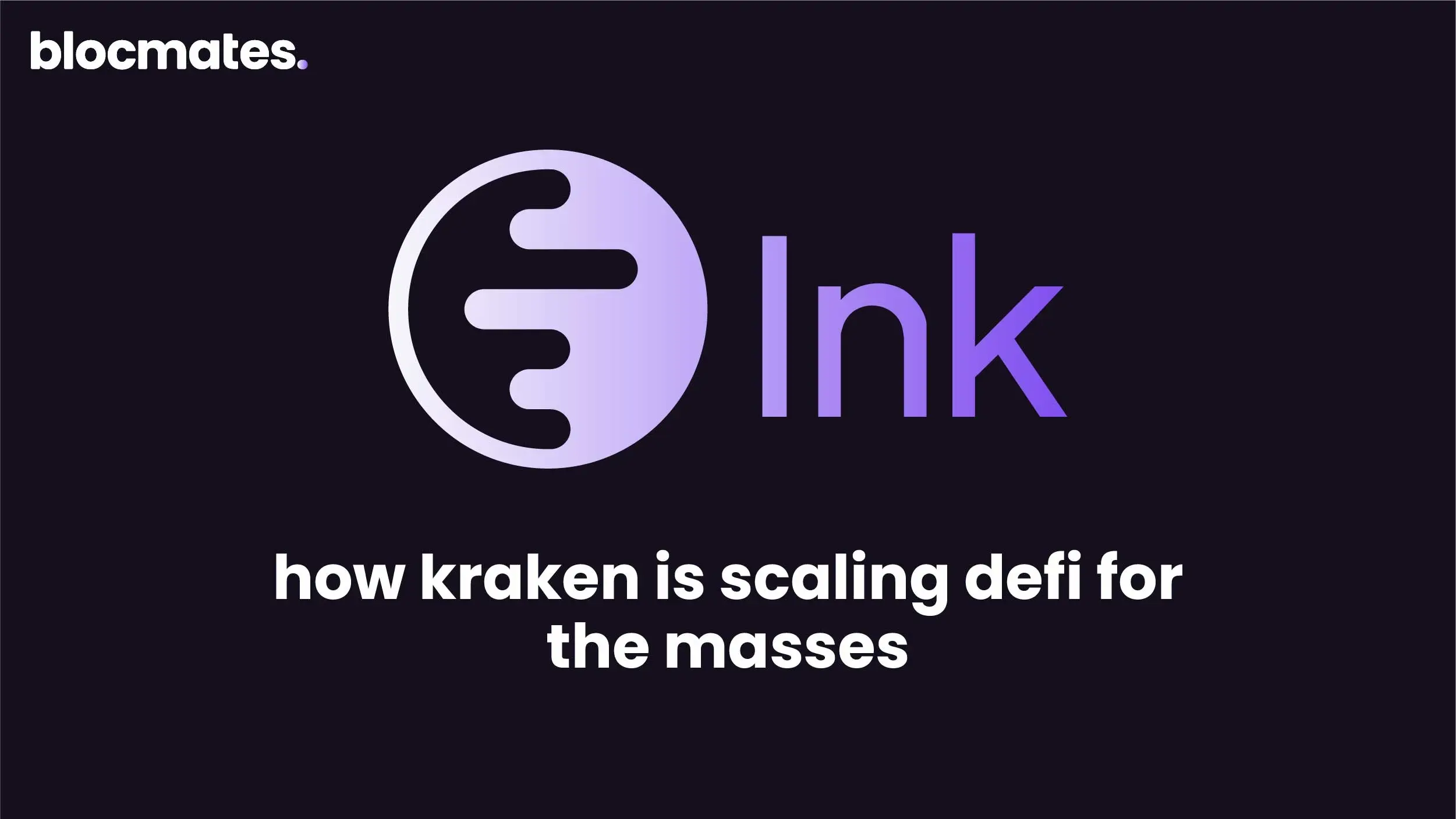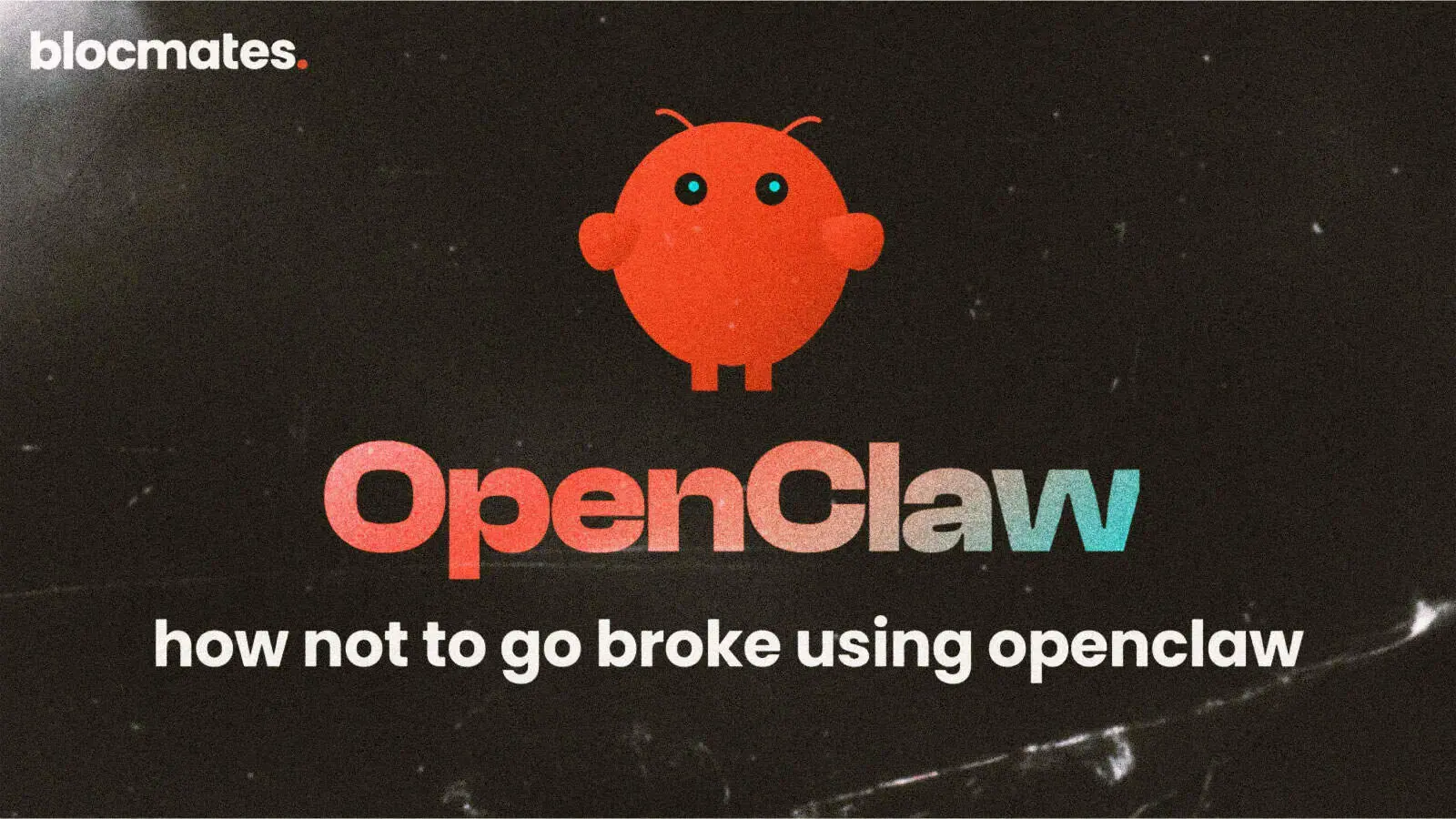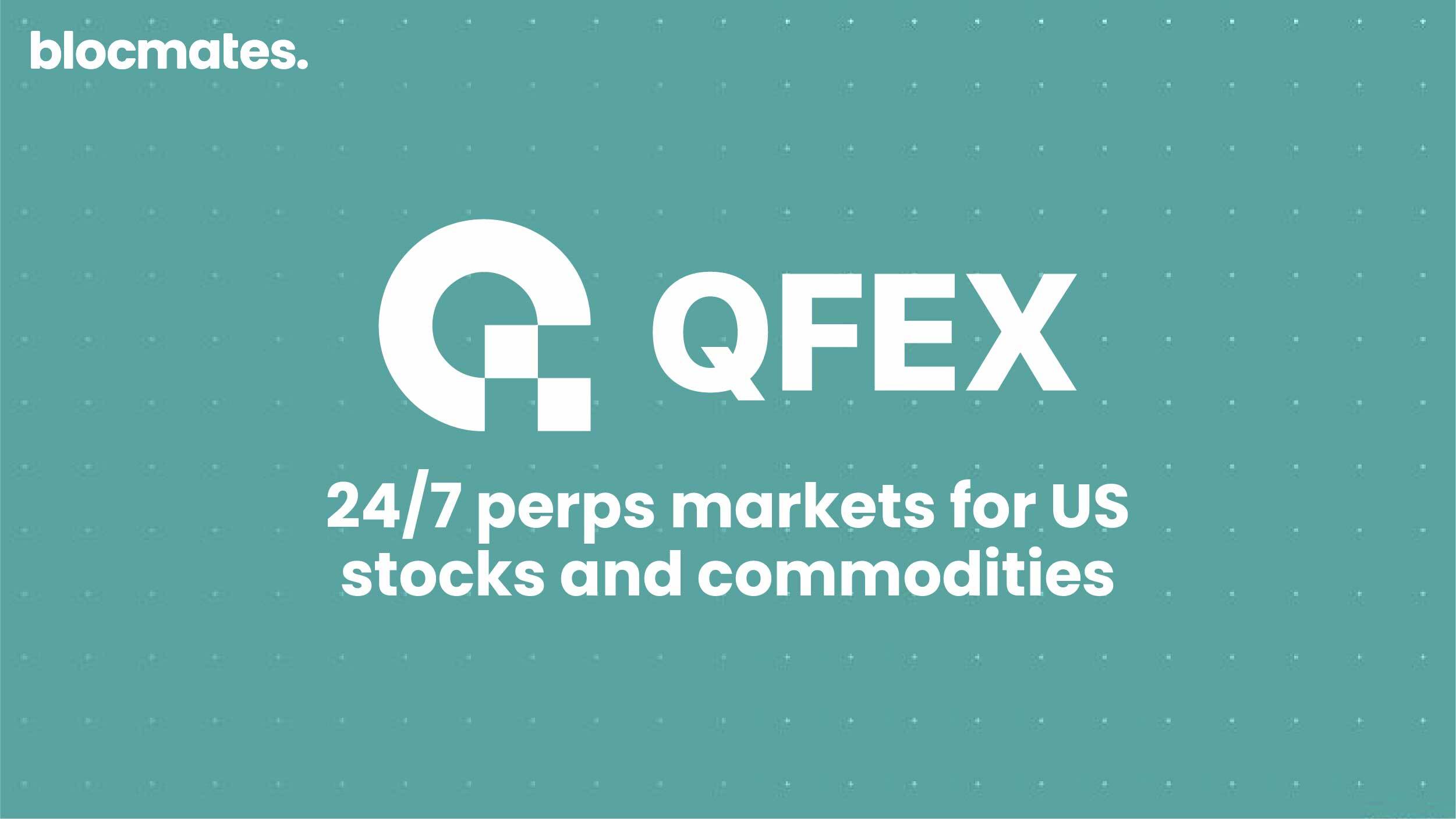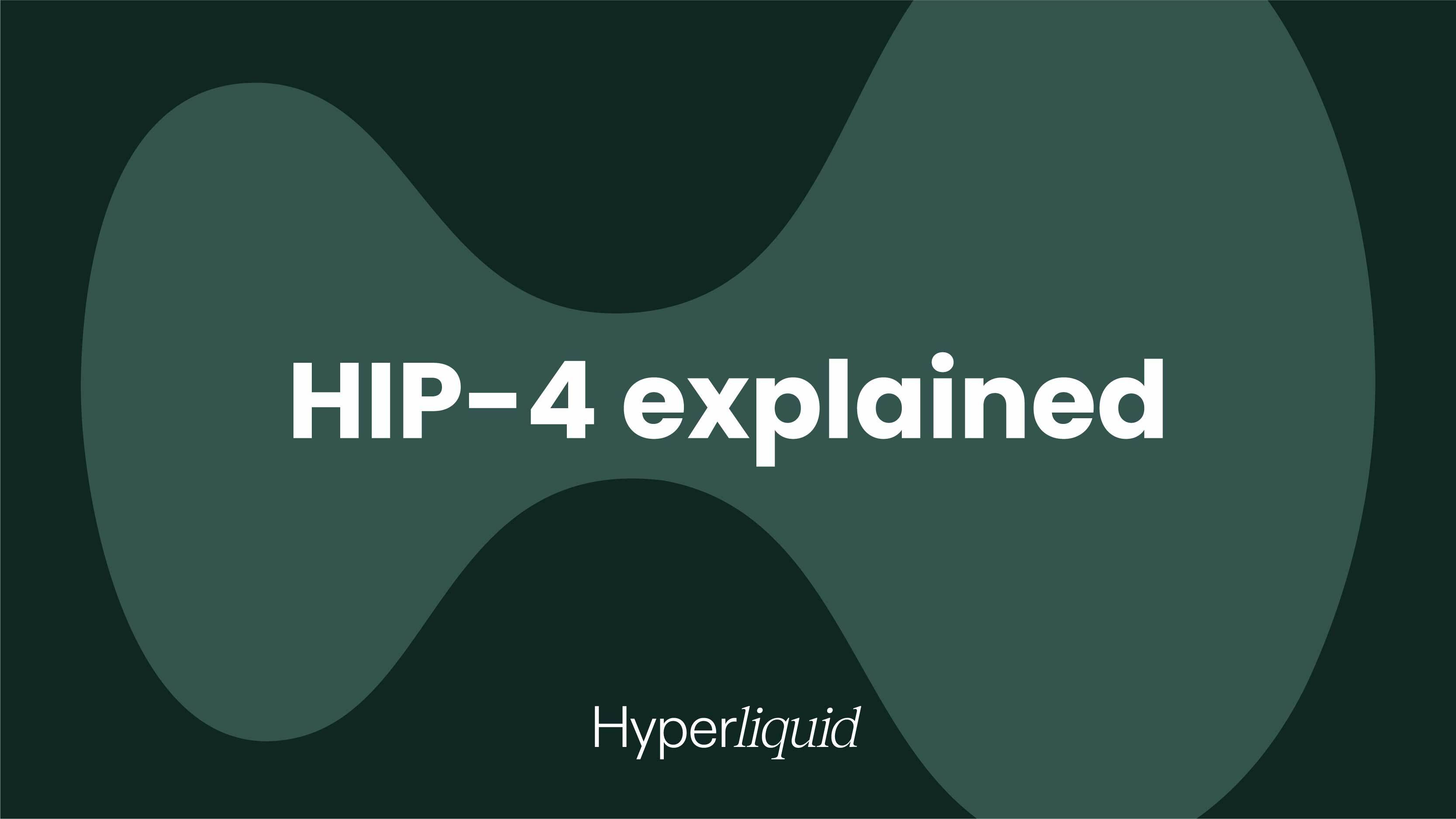The U.S. government is officially moving key economic statistics onto blockchains. In separate announcements, oracle providers Chainlink and Pyth confirmed that they’ve been selected by the Department of Commerce to publish core economic data such as GDP and inflation indexes onchain.
The move is being framed as part of a broader effort under the Trump administration to improve transparency around government data.
Pyth to handle GDP, Chainlink to provide BEA data
According to Pyth, it will begin publishing U.S. gross domestic product (GDP) figures onchain, including historical quarterly data going back five years.
“Without question, this marks a critical step forward in the public sector’s embrace of decentralized infrastructure,” the network wrote, adding that it plans to expand to additional economic datasets in the future.
Chainlink also announced that it will deliver data feeds directly from the Bureau of Economic Analysis (BEA). These include real GDP levels, quarterly growth rates, the personal consumption expenditures (PCE) price index, and real final sales to private domestic purchasers.
For now, the feeds will be available across 10 blockchain networks, including Ethereum, Arbitrum, Avalanche, Base, and Optimism.
Chainlink noted that publishing these figures onchain could unlock new applications, such as automated trading strategies, real-time prediction markets, and composable DeFi protocols that factor in macroeconomic conditions.
Building out onchain infrastructure
This development follows months of discussions between the Department of Commerce and blockchain providers. Commerce Secretary Howard Lutnick previously emphasized that publishing official statistics onchain is meant to increase trust in government reporting while giving developers new tools for financial applications.
Chainlink has been active in policy circles, meeting with regulators and lawmakers throughout 2025 on blockchain standards. Its co-founder, Sergey Nazarov, recently attended the signing of the GENIUS Act, a federal stablecoin law.
Pyth, meanwhile, has grown into one of the largest oracle networks in DeFi, powering over 600 applications across 100 blockchains.
While some in the crypto community have raised questions about how “decentralized” government-linked oracles can be, the shift signals growing institutional acceptance of blockchain infrastructure.



































.webp)

.webp)
.webp)

%20(1).webp)



























































%202.webp)


.webp)

.webp)
.webp)
.webp)

.webp)
.webp)

.webp)
.webp)
.webp)


.webp)
.webp)










.webp)


.webp)









.webp)







.webp)




.webp)


























.webp)







.webp)















.webp)

.webp)
.webp)

.webp)














.webp)

.webp)


.webp)








.webp)




